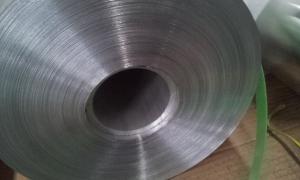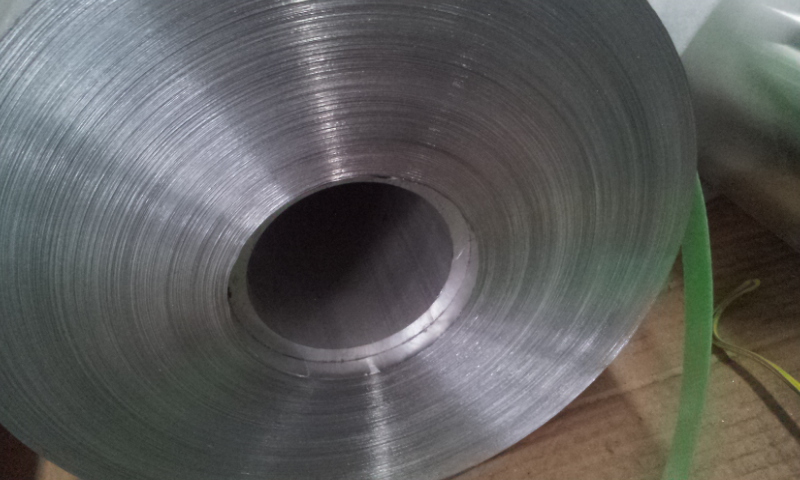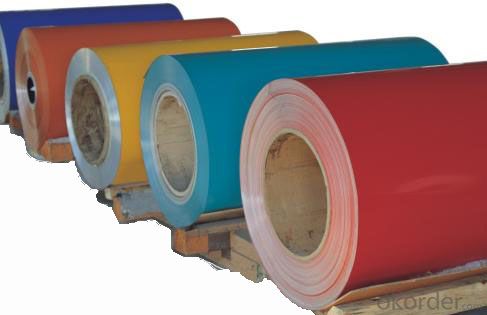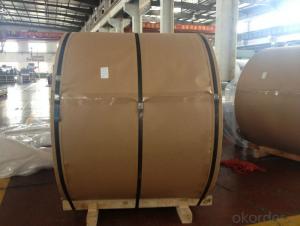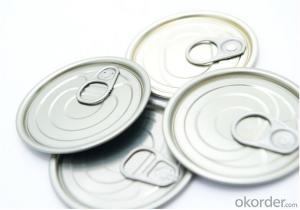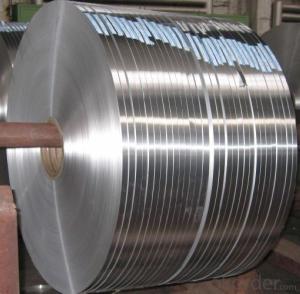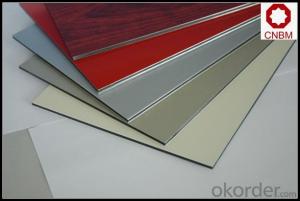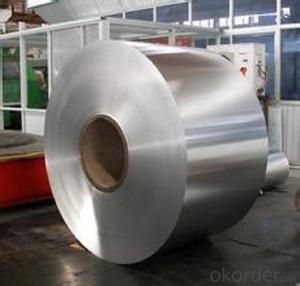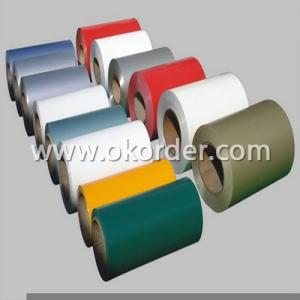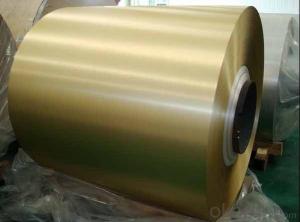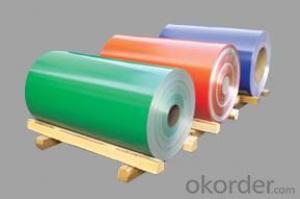Recycled Aluminum Coil Roll Price for Continuous Casting Aluminum Coils for Color Coated
- Loading Port:
- Shanghai
- Payment Terms:
- TT OR LC
- Min Order Qty:
- 5 m.t.
- Supply Capability:
- 500 m.t./month
OKorder Service Pledge
OKorder Financial Service
You Might Also Like
Specification
1.Structure of Continuous Casting Aluminium Coils for Color Coated
Continuous Casting Aluminium Coils for Color Coated is one semi-finished aluminium material. This strip can be rolled down to aluminium coil,sheet,circle ect. The alloy AA1050 is widly used in building, industry ect. Its weight is much lower than steel. So many customers choosed aluminium material instead of steel.
2. Main features of Continuous Casting Aluminium Coils for Color Coated
a.Competitive price---We have our own mills and can produce mill finished aluminium coils, so we can control the production cost better.
b.Professional after-sale service---We have more than 15 years exportation experience and you need not worry about the exporation problems.
c.Fast delivery time---We can control the delivery time within 35 days.
3. Image
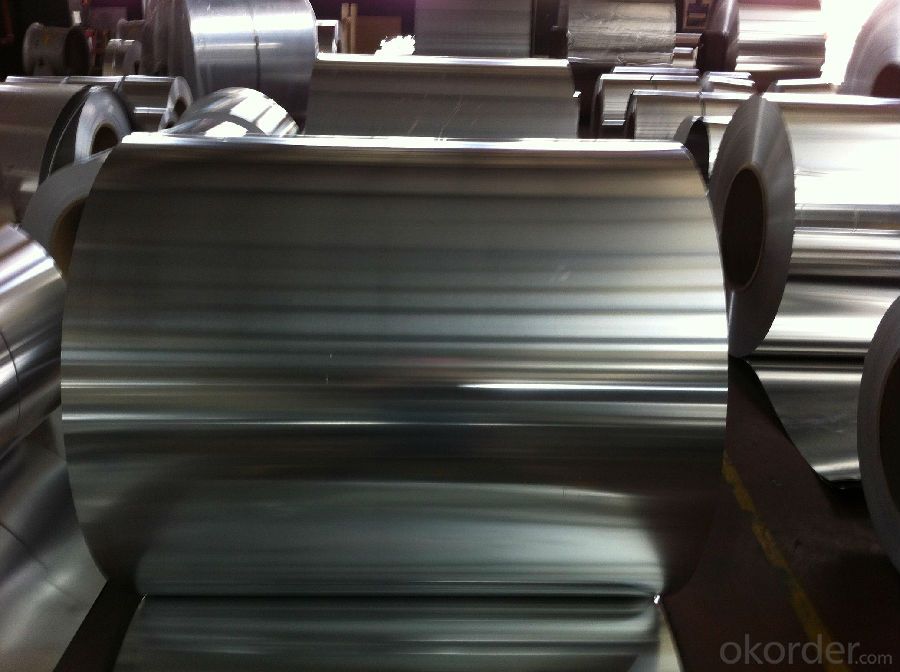
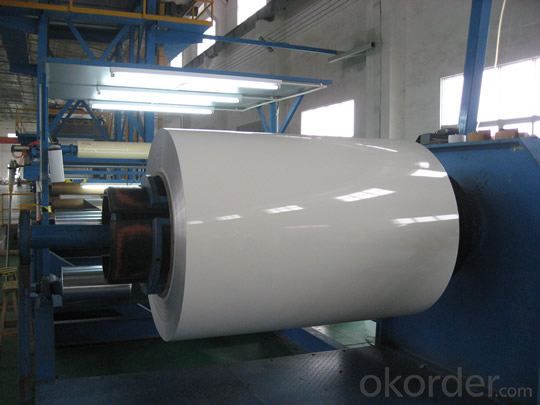
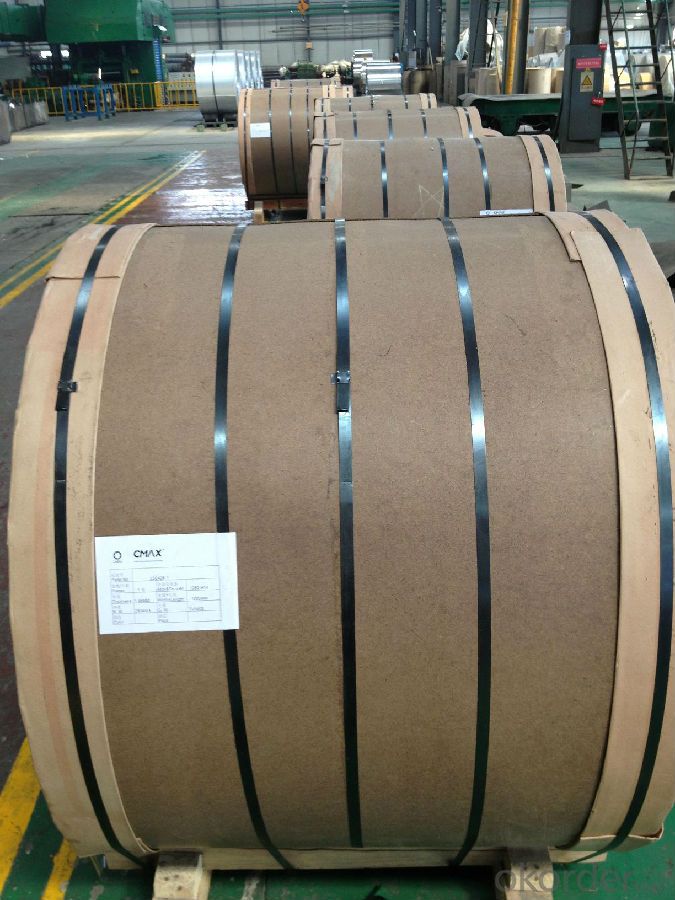
4. Product Specification
| ALLOY | TEMPER | THICKNESS | WIDTH | WEIGHT |
| AA5052 | H14 | 0.2MM-3MM | 1000MM-1500MM | 2 TONS |
5.FAQ:
What is the quality standard?
---Usually our standard is GB3880-2006
What is the largest width?
---It is 2300mm
What is the MOQ?
---Usually we can accept 80 tons.
- Q: What is a common reaction of this element?What is another element closely related to Aluminum?Thank youuuuu.
- Al + Cl2 --- AlCl3 aluminum trichloride is an important substance used in several organic chemical reactions of indistrial importance. It is what is called a Lewis acid, something you will get to. Possibly gallium, just below it in the periodic table.
- Q: Pretty please can someone show me the steps on how to do this one?Calculate the mass in grams of iodine (I2) that will react completely with 43.7 g of aluminum (Al) to form aluminum iodide
- easily the guy earlier me did it precise yet made a mistake at one ingredient 0.07 mole is the # of moles of Al which desires to get replaced to moles of product, and then returned to come across mole of iodide. as quickly as thats stumbled on then you quite can use the MW to alter it to grams.
- Q: Can aluminum coils be used in kitchen appliances?
- Yes, aluminum coils can be used in kitchen appliances. They are commonly used in refrigerators, air conditioners, and other appliances due to their excellent thermal conductivity and corrosion resistance properties.
- Q: Can aluminum coils be used in the production of chemical storage tanks?
- Yes, aluminum coils can be used in the production of chemical storage tanks. Aluminum is a durable and corrosion-resistant material, making it suitable for containing various chemicals. Additionally, its lightweight nature allows for easier handling and installation of the storage tanks.
- Q: Can aluminum coils be insulated?
- Yes, aluminum coils can be insulated. Insulation is commonly applied to aluminum coils to improve energy efficiency and prevent condensation and heat loss in various HVAC systems.
- Q: wikipedia says welding aluminum by means of stick welding is possible but i have always been told TIG is the only way to weld aluminum. what do i need in order to stick weld aluminum? BTW i have a Lincoln Electric AC 225 Stick Welder
- Aluminum Stick Welding
- Q: How are aluminum coils installed in various applications?
- Aluminum coils are installed in various applications using different methods depending on the specific requirements and the nature of the application. Here are a few common methods used for installing aluminum coils: 1. HVAC Systems: In heating, ventilation, and air conditioning (HVAC) systems, aluminum coils are commonly used for heat transfer. These coils are typically installed inside the air handling units or the condensing units. The installation process involves securing the coils in the designated space, connecting them to the refrigerant lines, and ensuring proper insulation and sealing to prevent any leaks. 2. Refrigeration: In refrigeration systems, aluminum coils are used to transfer heat and facilitate the cooling process. The coils are usually installed within the evaporator or condenser units. The installation process involves mounting the coils securely, connecting them to the refrigerant lines, and making sure that all components are properly insulated and sealed. 3. Heat Exchangers: Aluminum coils are widely employed in heat exchangers for various industrial applications. These coils are installed within the heat exchanger unit, which can be either a shell and tube design or a plate and frame configuration. The installation process involves positioning the coils within the exchanger, connecting them to the appropriate piping and fittings, and ensuring proper alignment and sealing. 4. Automotive Radiators: Aluminum coils are extensively used in automotive radiators for efficient heat dissipation. The installation process involves mounting the coils within the radiator assembly, connecting them to the coolant lines, and ensuring proper alignment and sealing to prevent any leakage. 5. Electrical Transformers: In electrical transformers, aluminum coils are utilized for efficient power transmission and electrical insulation. The installation process involves winding the aluminum coils around the transformer core, connecting them to the appropriate terminals, and ensuring proper insulation and grounding. In all these applications, it is crucial to follow industry standards and guidelines to ensure the proper installation of aluminum coils. This includes considering factors such as structural support, proper alignment, connection integrity, insulation, and sealing to achieve optimal performance and longevity.
- Q: Can aluminum coils be used in food packaging?
- Yes, aluminum coils can be used in food packaging. Aluminum is a popular choice for food packaging due to its excellent barrier properties, lightweight nature, and ability to maintain the freshness and quality of food products. It is widely used in various forms, including coils, for packaging food items like beverages, snacks, and canned goods.
- Q: Never put oil in the water. Oil keeps the pasta from absorbing the sauce. Also add a little of the pasta water 3 Tbs. to the sauce. This helps sauce to adhere to pasta. The best remedy for pasta sticking. Use an aluminum stock pot. (tall pan). I don't know why but this works. I have using this stock pot for pasta for 40 years. I've tried stainless, non-stick, etc. they all stick. Except for the Aluminum.1 lb. of pasta, 4 qts. of water. 1Tbs. saltTurn burner to high,keep it therebring to boil then boil for 3 minutes, add 1 TBS salt, add pasta. Stir slowly 2 minutes, until the water boils. Cook tender enough for a fork to cut through but still a little firm
- Aluminum is perfectly safe to cook in. And unless you cook in cast iron or copper pans, all pans are aluminum. Stainless steel does not conduct heat, and so aluminum is always added. Researchers have been trying for years to prove a link between aluminum and ailments, but to this day have found none. Not to mention that the anti-persperant we all use (hopefully) is made of aluminum. Tin foil we wrap our food in? aluminum. The can of peas on the shelf? Aluminum. The fact of the matter is this....There is more aluminum in the air we breathe than will ever leech into your food from a spaghetti pot. Aluminum is a GOOD feature of a pan. The more aluminum in a pan, the better and more evenly it heats.
Send your message to us
Recycled Aluminum Coil Roll Price for Continuous Casting Aluminum Coils for Color Coated
- Loading Port:
- Shanghai
- Payment Terms:
- TT OR LC
- Min Order Qty:
- 5 m.t.
- Supply Capability:
- 500 m.t./month
OKorder Service Pledge
OKorder Financial Service
Similar products
Hot products
Hot Searches
Related keywords
